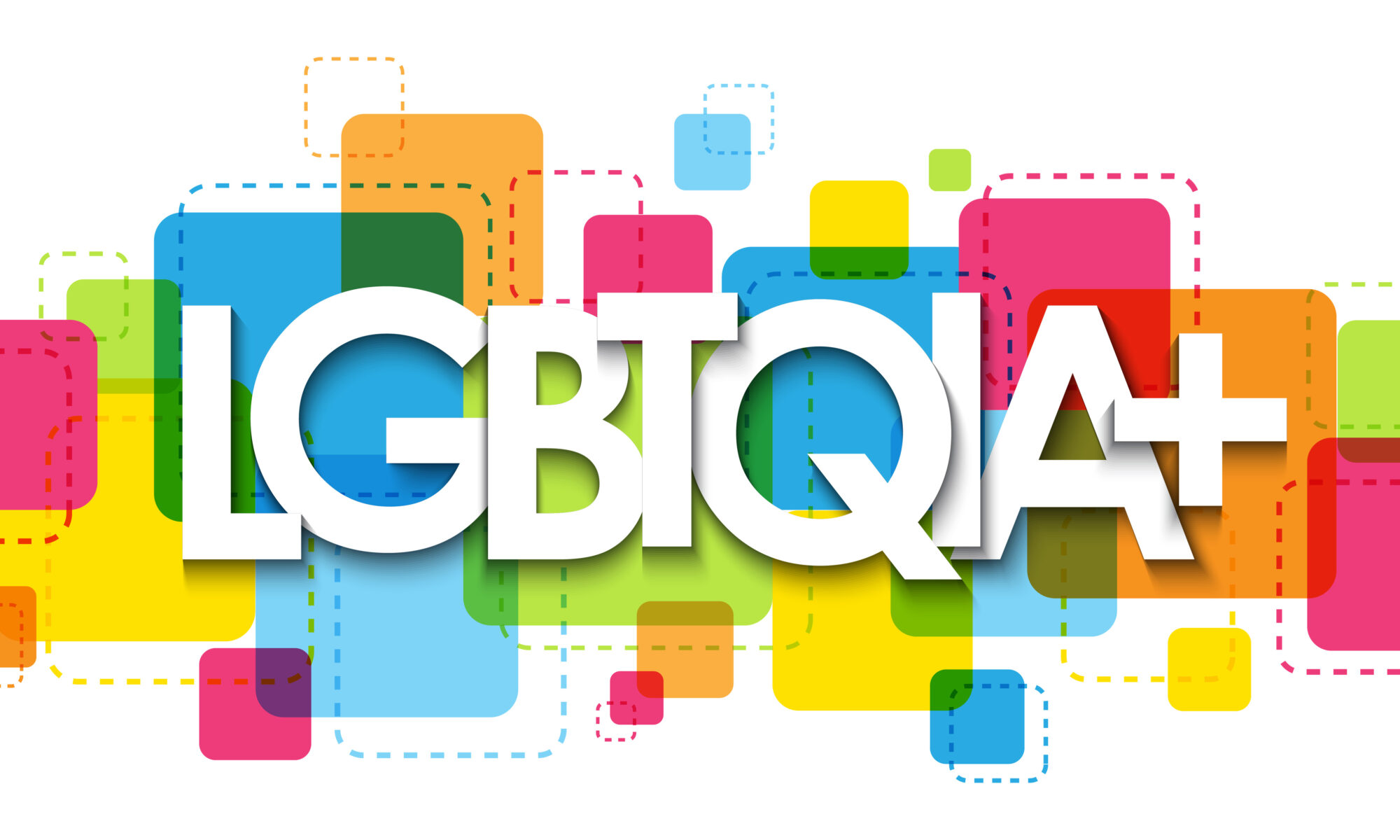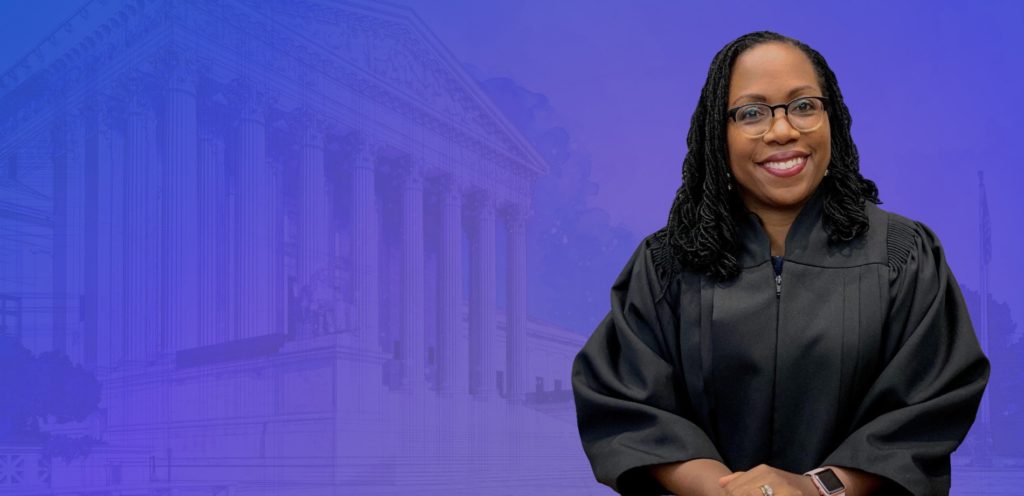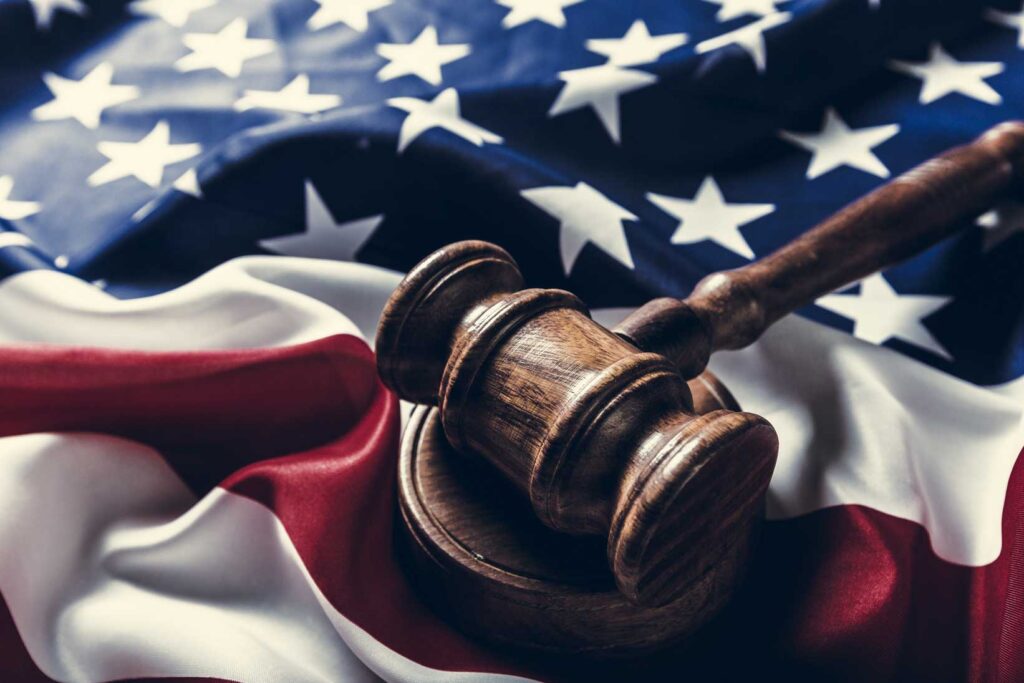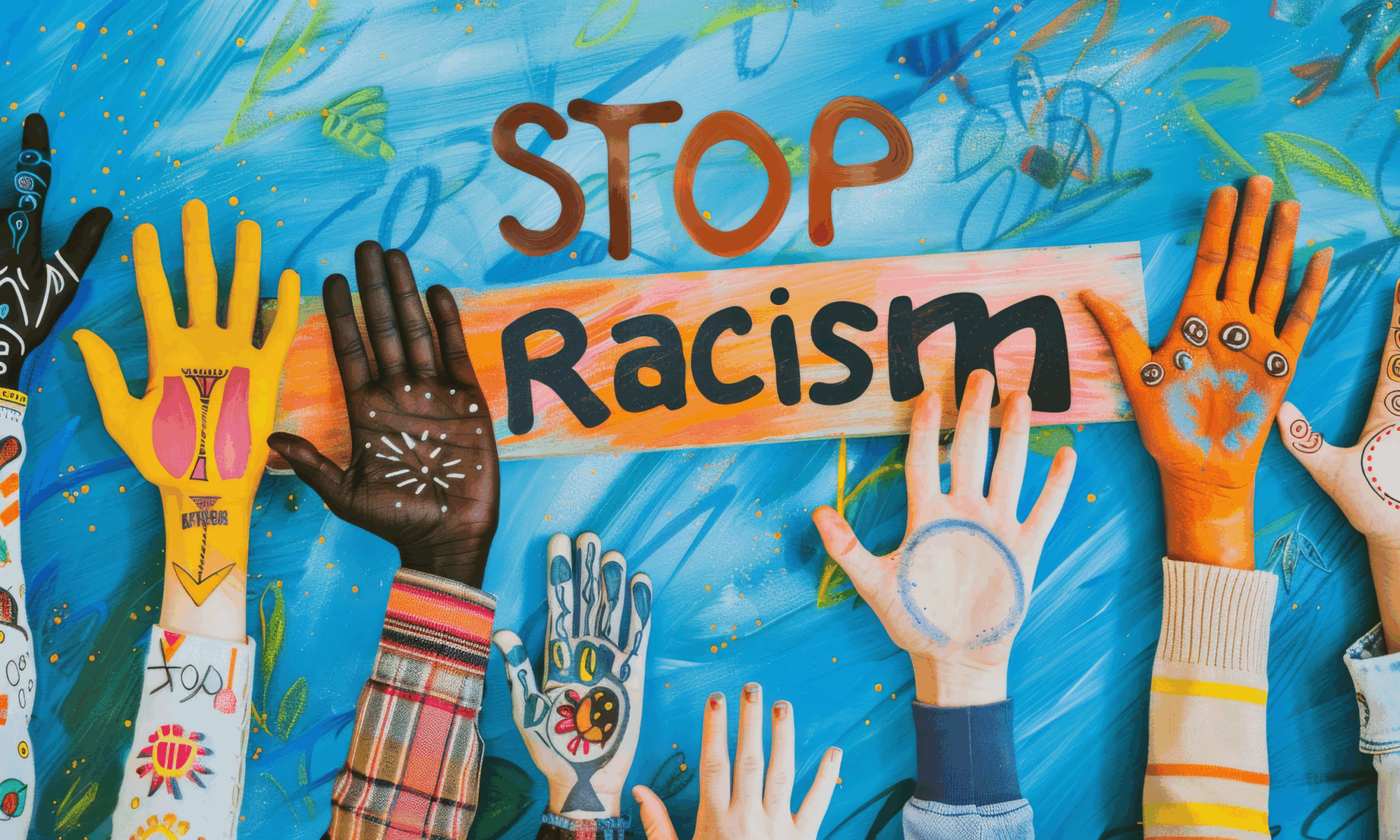In January 2024, a deeply troubling incident involving eight Black men on an American Airlines flight underscored the painful realities of racial discrimination in air travel, sparking national outrage and discussions about justice. This unfortunate experience, which led to a federal lawsuit, has been resolved through a confidential settlement, but it has left lasting impressions on those involved and many who witnessed it.
The Incident
On January 5, 2024, eight Black men—Alvin Jackson, Emmanuel Jean Joseph, and Xavier Veal among them—were removed from an American Airlines flight traveling from Phoenix to New York. Notably, these men did not know each other and were seated separately. However, they were all approached by airline staff with the distressing request to leave the plane after a complaint regarding body odor. According to the lawsuit, none of the men were informed of any personal hygiene concerns, leading them to believe that they were targeted solely because of their race.
“Our goal in speaking out has always been to create change. We are proud that we used our voices to make a difference in the lives of Black Americans.”
The men were informed that there were no other flights available that evening, only to later be allowed to reboard the very flight that had removed them. The emotional toll of this experience was profound, leaving them feeling humiliated and degraded. One poignant account in the lawsuit described the incident as “traumatic, upsetting, scary, humiliating, and degrading”—words that capture the fear and indignity they faced that day.
The Lawsuit and Settlement
In May 2024, three of the men courageously filed a federal lawsuit, alleging racial discrimination. They asserted that American Airlines’ actions were not only unjustified but also steeped in discrimination, as no other passengers had complained about them. The lawsuit highlighted the rude and insensitive behavior exhibited by airline staff during and after the incident, compounding their distress.
“We fell short of our commitments and failed our customers in this incident.” American Airlines CEO Robert Isom
American Airlines ultimately reached a settlement, the details of which remain confidential. However, the airline has taken important steps in response, including terminating the employment of the flight attendants involved. American Airlines has pledged to address these serious concerns by implementing measures to prevent future incidents of discrimination. These efforts include enhanced employee training to recognize and address bias, the establishment of an advisory group focused on improving the travel experience for Black customers, and a comprehensive review of policies surrounding passenger removal.
Race Harassment – Reactions and Impact
The plaintiffs expressed a sense of relief and satisfaction with the settlement, emphasizing their hope that their brave decision to speak out would lead to real, meaningful change. “Our goal in speaking out has always been to create change. We are proud that we used our voices to make a difference in the lives of Black Americans,” they shared in a heartfelt joint statement.
In acknowledging this incident, American Airlines CEO Robert Isom recognized it as a significant failing: “We fell short of our commitments and failed our customers in this incident.” He conveyed the airline’s commitment to ensuring safe and inclusive travel experiences for all passengers moving forward, reflecting a genuine desire for improvement.
This case is a sobering reminder of the challenges many Black travelers continue to face. It emphasizes the importance of holding corporations accountable for their actions. While the settlement marks a step toward addressing these issues, it also highlights the ongoing need for vigilance, empathy, and advocacy to ensure equity within air travel.
If you or someone you know has experienced racial discrimination or harassment, please remember that you are not alone. Reaching out to a discrimination attorney can be a vital step in understanding your rights and exploring your options for seeking justice. Many attorneys provide free consultations, offering a compassionate space to share your experience and receive guidance on the next steps. By taking action, you not only advocate for yourself but also contribute to building a society that values equity and inclusion for everyone.









 Justice Ketanji Brown-Jackson eloquently articulated the Court’s position, pointing out that the previous rule placed an unwarranted evidentiary burden on majority-group plaintiffs and strayed from the foundational texts and historical applications of Title VII. This decision highlights that claims of discrimination should be assessed on a level playing field, emphasizing the importance of protecting all individuals, as reinforced by the Court’s earlier ruling in Bostock v. Clayton County (2020).
Justice Ketanji Brown-Jackson eloquently articulated the Court’s position, pointing out that the previous rule placed an unwarranted evidentiary burden on majority-group plaintiffs and strayed from the foundational texts and historical applications of Title VII. This decision highlights that claims of discrimination should be assessed on a level playing field, emphasizing the importance of protecting all individuals, as reinforced by the Court’s earlier ruling in Bostock v. Clayton County (2020).



